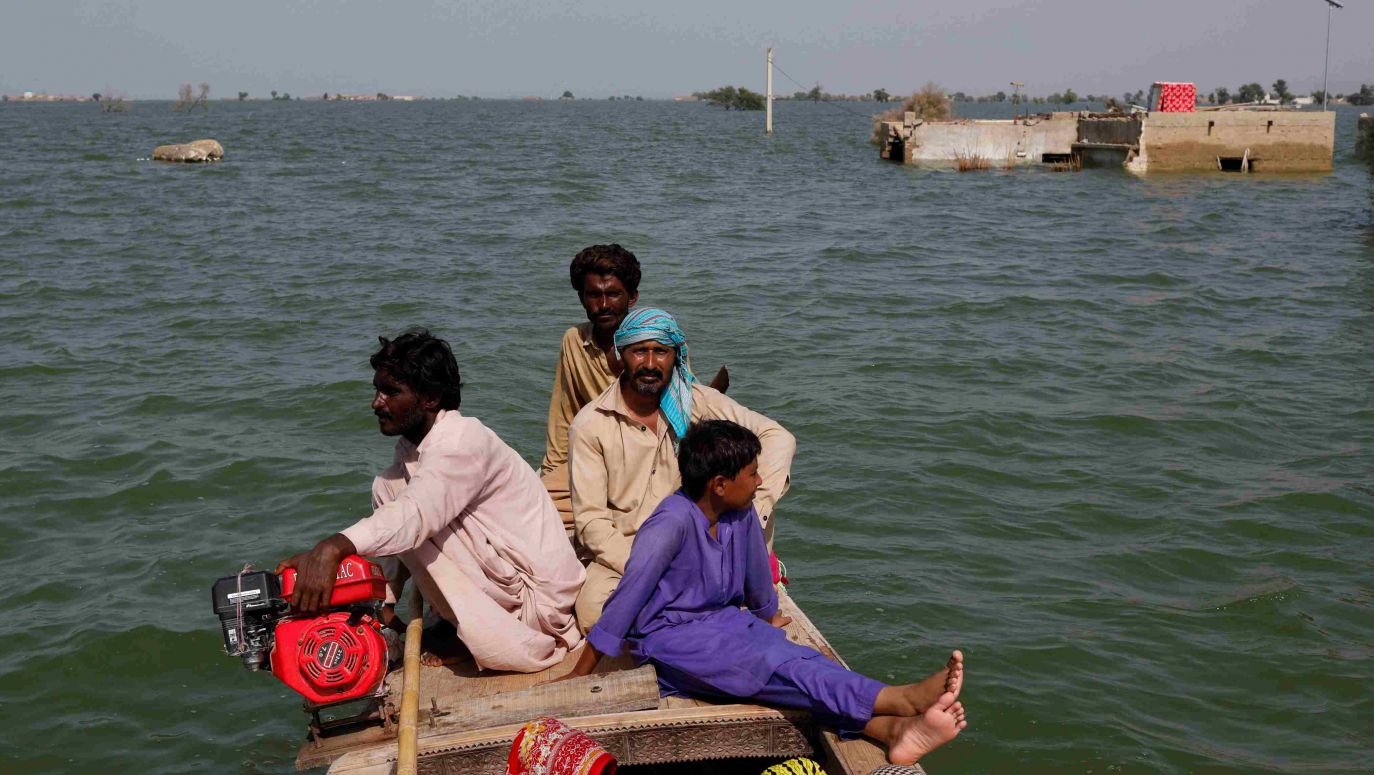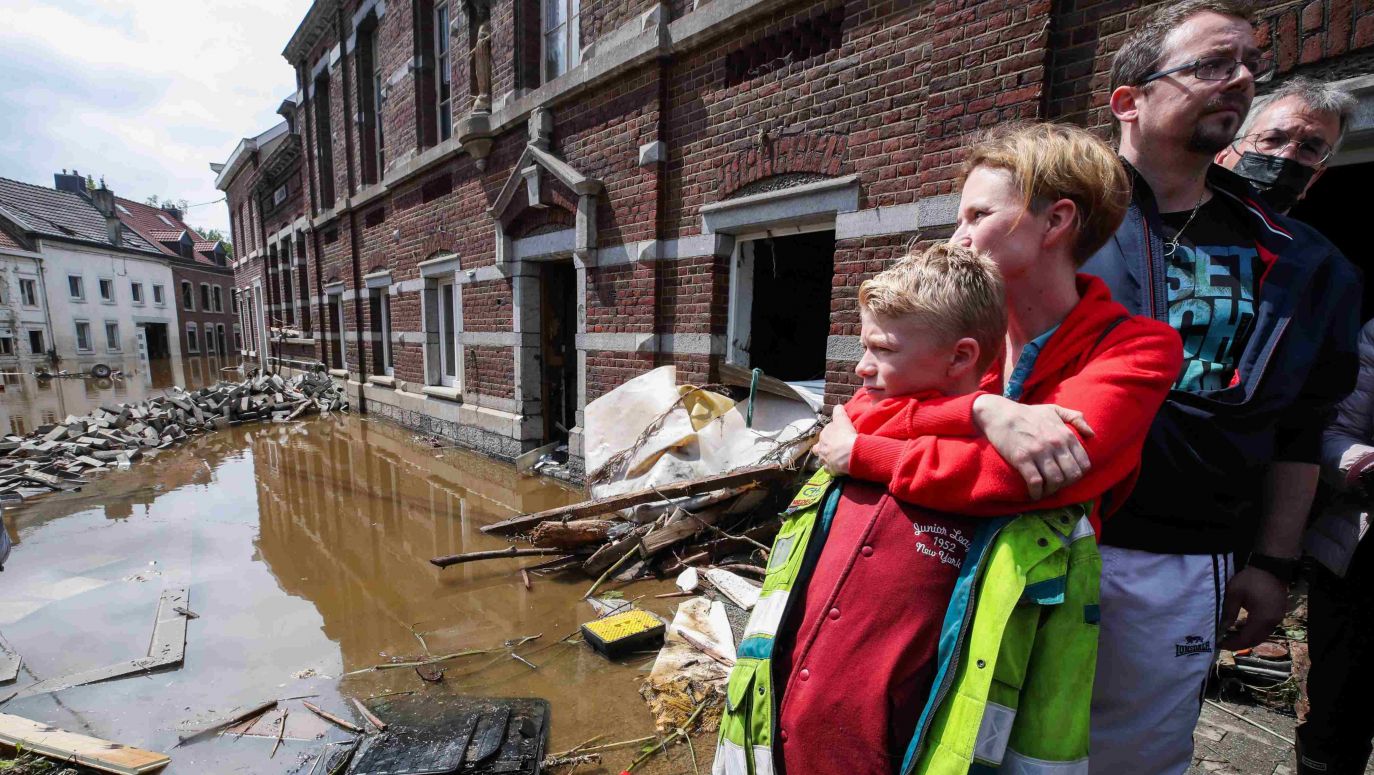Thus, the rich Netherlands will be paying poor Pakistan, even though both countries emit about the same amount of carbon dioxide (Pakistan slightly more), and Pakistan is increasing its emissions 20 times faster than the Netherlands. There would be nothing strange about this if the rich Netherlands were simply helping poor Pakistan to develop, but apparently aid alone is not enough and something more is needed: calling aid to poorer countries “reparations” in the name of “climate justice”, which makes the production of the same CO2 take on a completely different moral meaning depending on which country it occurs in.
The notion of this requires a truly delicate mind, to use the term of a certain Jew from Liskowiec, who was explaining to his wife the meaning of the successful transaction of selling an inedible cow for the use of the 11th marching company of the 91st regiment, in which Švejk marched to the Great War.
As an aside, it is worth noting that the creation of a “reparations” fund will not in the least encourage beneficiary countries to reduce emissions. This was the objective, at least in theory, of the creation, a decade ago, by the rich countries of the North, of a hundred-billion-dollar fund for the introduction of new energy technologies in the poor countries of the South. The use of such a fund had the aim, again, at least in theory, of reducing global CO2 emissions.
And the reparations fund? It will simply be used to rebuild what was destroyed. And emissions will increase. I mean the rightful emissions, because the wrongful ones are decreasing, or maybe it’s the other way around, I don’t know anymore.
Finally, something really optimistic. The mass of cognitive-semantic problems with “climate reparations” will probably provoke criticism, which will have to be dealt with somehow. After all, criticism cannot be allowed to degenerate into judgementalism. That’s a no-go.
So a light shone over Sharm el-Sheikh from Washington, and it was shone by a columnist from
The Washington Post, Mr Henry Olsen, who warned that this excellent decision to compensate the poor for bad emissions by overlooking their own emissions could trigger a wave in rich countries of, what? But of course, dear readers, you guessed it: a wave of populism, indeed. In addition, Mr Olsen immediately established that this was an extremely dangerous variety of populism, namely right-wing populism. To prove it, he cited the protests of Dutch farmers who, in their wicked defence against bankruptcy caused by the introduction of harsh climate regulations, had become dangerous populists.
Mr Olsen’s method can be called “induced populism” or “Midas populism” and is as simple as it is useful. It consists of establishing a valid interpretation of reality and regarding all those who oppose it as populists, i.e. as people who are not to be discussed with. Well, left-wing populists can still be discussed, because they are known to be driven by noble motives, but right-wing populists? Never!
So, while warning anyone who wishes to engage in any discussion about the idea of “climate reparations” what they are in for, I would also like to encourage those interested to follow the whole debate. Because the fund has only just been agreed in Sharm el-Sheikh, and all the details – such as who is to pay and how much and on what terms (if any) the money will be collected – will be decided next year. And then it may well be that dangerous populists will emerge in more rich countries that are just being affected by multiple crises with the war crisis at the forefront.
– Robert Bogdański
TVP WEEKLY. Editorial team and journalists
– Translated by jz

 SIGN UP TO OUR PAGE
SIGN UP TO OUR PAGE 







